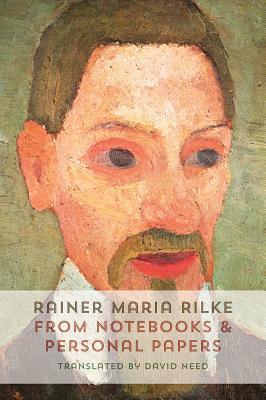Rainer Maria Rilke (1875-1926) is recognized as one of the great poets of 20th century European modernism. From 1921-1926, he lived in southern Switzerland, in a region called the Valais. Following the completion of the Duino Elegies and Sonnets to Orpheus, Rilke began to work in both French and German. A collection of French poems addressed to the landscape of Valais, Quatrains Valaisans, was published in 1926. In May of that same year, Rilke sent his publishers an arrangement of German language poems as a possible manuscript; the bulk of these date to 1924, but the collection included both material culled from a recently recovered 1906 daybook and a final set of poems written over the last two years of his life. Rilke sent the last of these in August 1926; he would die of complications from leukaemia just four months later.
This volume is the first English translation of these poems in the arrangement Rilke had set down in 1926. The arrangement translated here has only appeared in German as Aus Taschen-Bchern und Merk-Blttern, (Insel-Verlag, 1950).

Rainer Maria Rilke (1875-1926) is recognized as one of the great poets of 20th century European modernism. From 1921-1926, he lived in southern Switzerland, in a region called the Valais. Following the completion of the Duino Elegies and Sonnets to Orpheus, Rilke began to work in both French and German. A collection of French poems addressed to the landscape of Valais, Quatrains Valaisans, was published in 1926. In May of that same year, Rilke sent his publishers an arrangement of German language poems as a possible manuscript; the bulk of these date to 1924, but the collection included both material culled from a recently recovered 1906 daybook and a final set of poems written over the last two years of his life. Rilke sent the last of these in August 1926; he would die of complications from leukaemia just four months later.
This volume is the first English translation of these poems in the arrangement Rilke had set down in 1926. The arrangement translated here has only appeared in German as Aus Taschen-Bchern und Merk-Blttern, (Insel-Verlag, 1950).